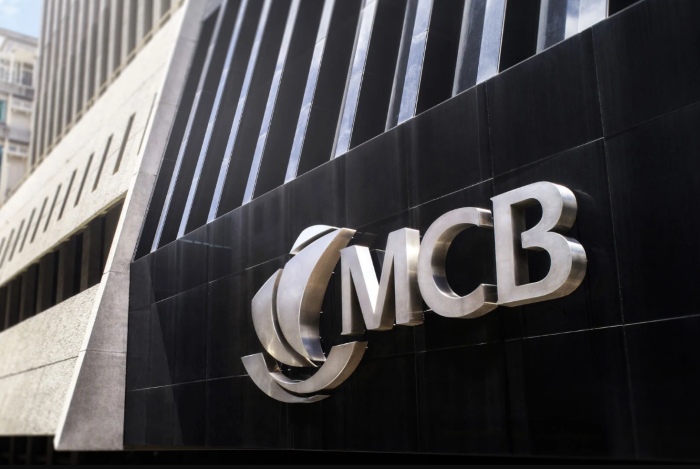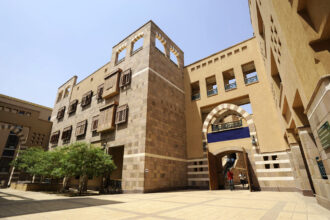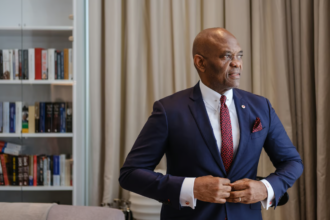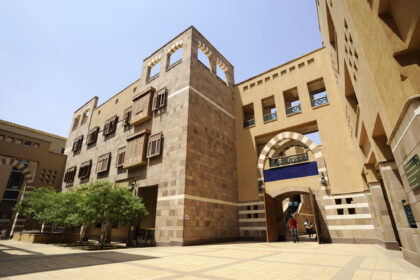At a Glance
- MCB Group’s market cap hits $2.55 billion, making it Mauritius’ most valuable company.
- Nine-month profit surged 16.2% to $315 million amid strong financial performance.
- Operations span Africa, Middle East, and Europe, driving growth in interest and fee income.
In the Indian Ocean nation of Mauritius, a financial giant has quietly grown into one of Africa’s most respected banking institutions. MCB Group, which traces its roots back to 1838, is now the country’s most valuable company, with a market capitalization of $2.55 billion. This achievement speaks not just to its longevity, but to steady leadership and a clear focus on long-term growth.
Mauritius’ MCB thrives across borders
What began nearly two centuries ago as a local bank has expanded into a diversified financial services group with operations far beyond Mauritius. Headquartered in Port Louis, MCB Group now runs over 60 branches and a network of subsidiaries that stretch across the Indian Ocean and into Africa, the Middle East, and Europe. Its reach includes countries like Madagascar, Seychelles, the Maldives, South Africa, Nigeria, Kenya, and the United Arab Emirates.
Over the past year, the company’s market value has risen sharply, by MUR18.83 billion ($411.91 million), thanks to a nearly 20 percent increase in its share price. On the Stock Exchange of Mauritius, MCB’s stock climbed from MUR389.3 ($8.85) to MUR464 ($10.15). Investors have benefited not only from the capital gains but also from an increased dividend payout, which rose from MUR9.5 ($0.208) to MUR10.5 ($0.23) per share.
MCB nine-month profit up 16.2 percent
That performance is backed by strong financials. In the nine months ending Mar. 31, 2025, MCB reported a profit of MUR14.4 billion ($315 million), up 16.2 percent from the same period the year before. The Group’s Return on Equity, a key indicator of profitability, stood at 17.4 percent. “We reported another quarter of good results,” said Group Chief Executive Jean Michel Ng Tseung. He pointed to steady loan performance, a lower cost of risk, and strong capital buffers as signs of the bank’s solid footing.
MCB’s earnings growth has been driven by both interest income and a boost in fees from its growing range of services. Interest income rose from MUR33.82 billion ($740 million) to MUR36.76 billion ($804.1 million), while fees and commissions climbed to MUR9.01 billion ($197.2 million).
These gains came from higher activity in payments, trade finance, and wealth management. Other income sources brought in MUR5.08 billion ($111.1 million), and the Group’s asset base reached MUR986.7 billion ($21.6 billion), reflecting its expanding scale.
But numbers alone don’t capture the full picture. MCB plays a vital role in the region’s economy, not only as its biggest bank but as an investor in its future. The Group operates in three main areas, banking, non-banking financial services, and other investments.
MCB grows with eye on risk
Through MCB Capital Markets, it offers services ranging from corporate finance to private equity and asset management, helping African companies access capital and manage risk. Its leasing and factoring services support small and growing businesses, while its community programs provide critical support to micro-entrepreneurs.
With a growing international footprint and partnerships across global financial markets, MCB Group is helping connect African economies with the rest of the world. It plays a key role in financing trade, energy projects, and sustainable development initiatives. While banks across the continent face challenges like currency volatility and evolving regulations, MCB’s steady growth has set it apart as an institution built on experience, adaptability, and trust.
In a time when many companies are valued more on promise than performance, MCB Group’s $2.55 billion market cap is grounded in real results. Its story is one of persistence and smart decisions, of a bank that has evolved through decades of change without losing sight of its core purpose. As it looks ahead, MCB Group is not only leading the way in Mauritius but also showing what’s possible for financial institutions across Africa.















